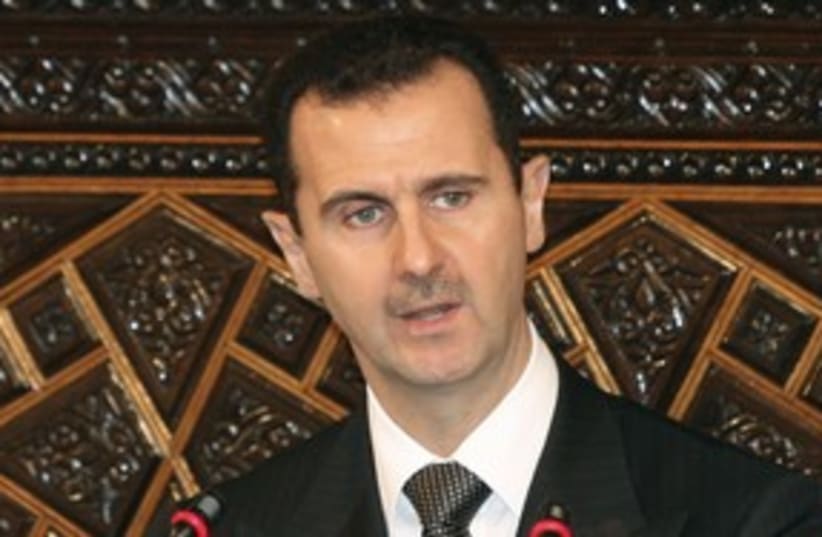Reuters contributed to this report.
Obama turns up heat on Syrian gov’t, sanctions Assad
American assets frozen; official says actions send message that regime will be held accountable for ongoing violence, repression.

Reuters contributed to this report.